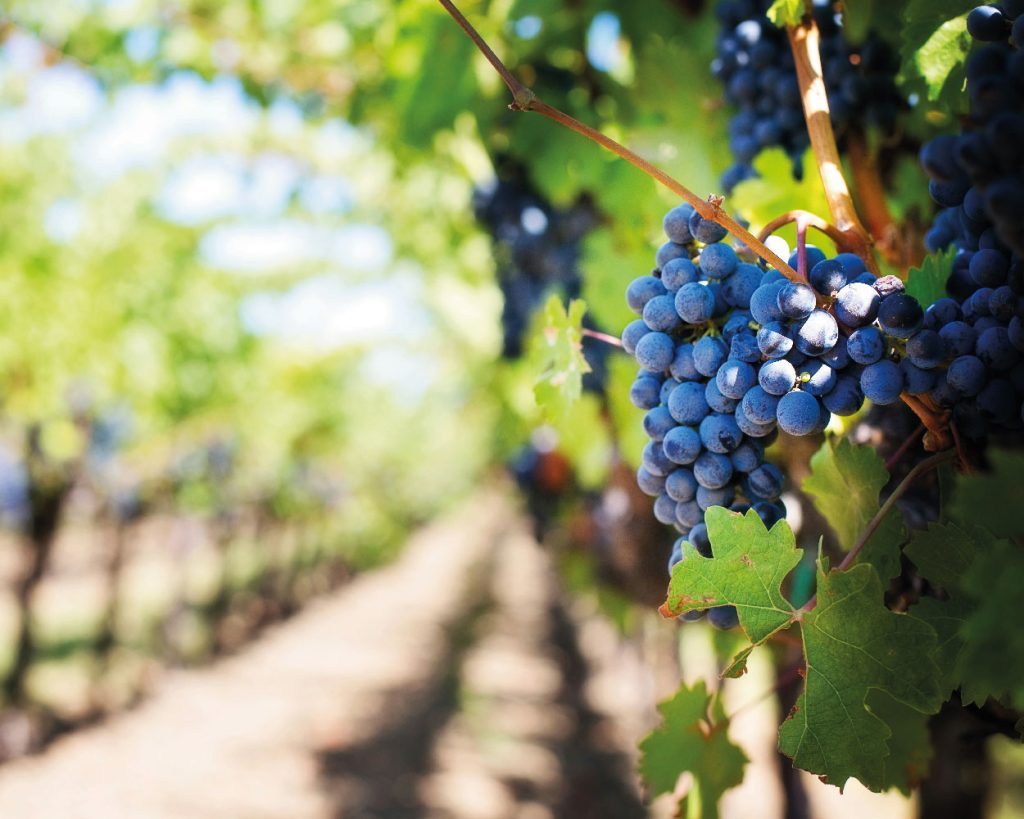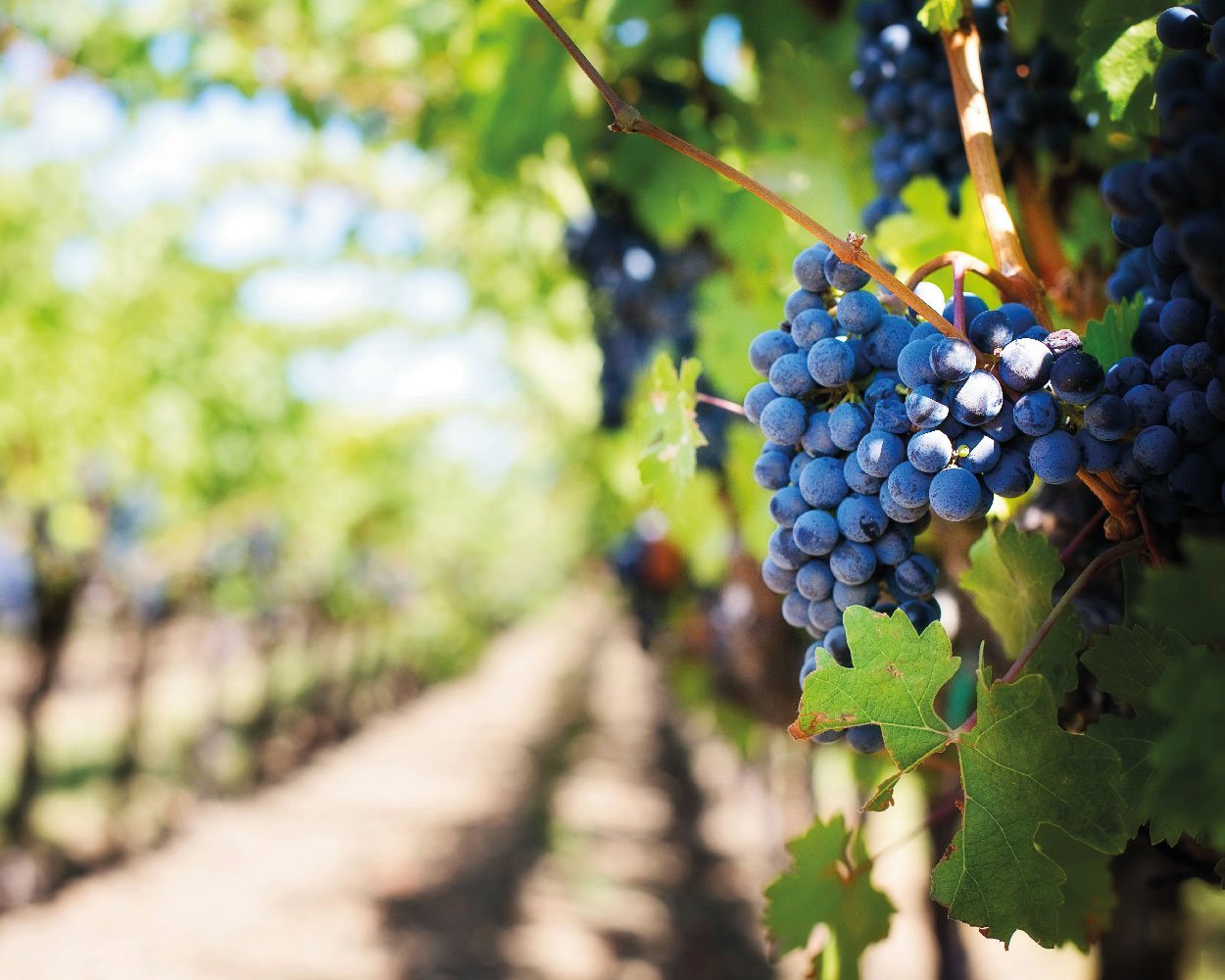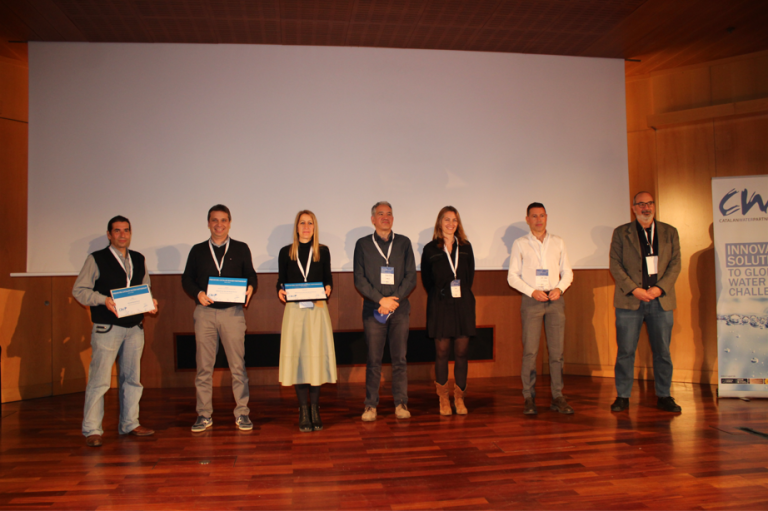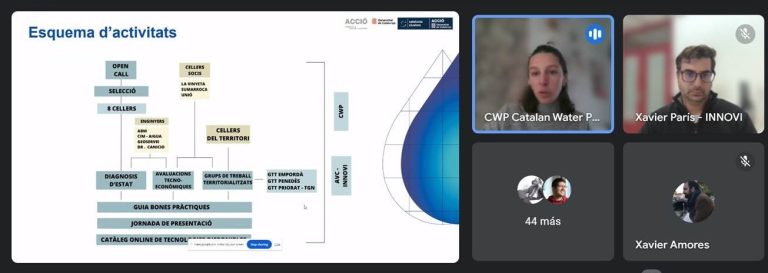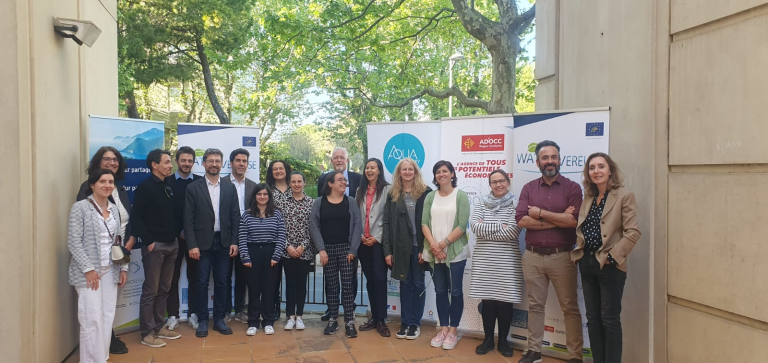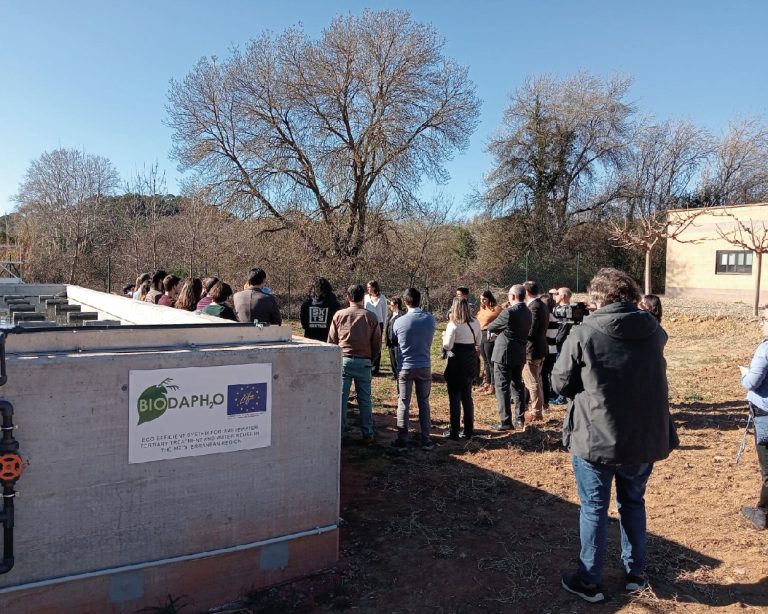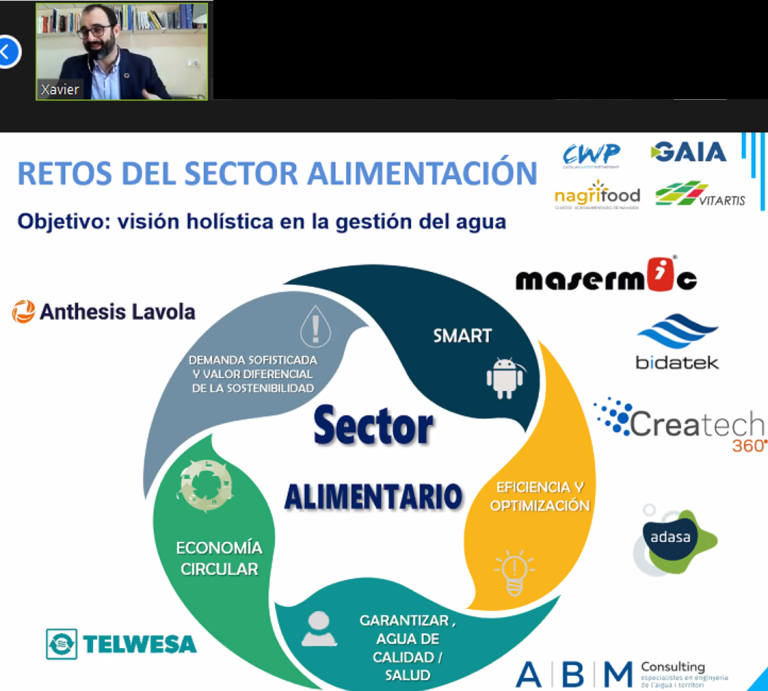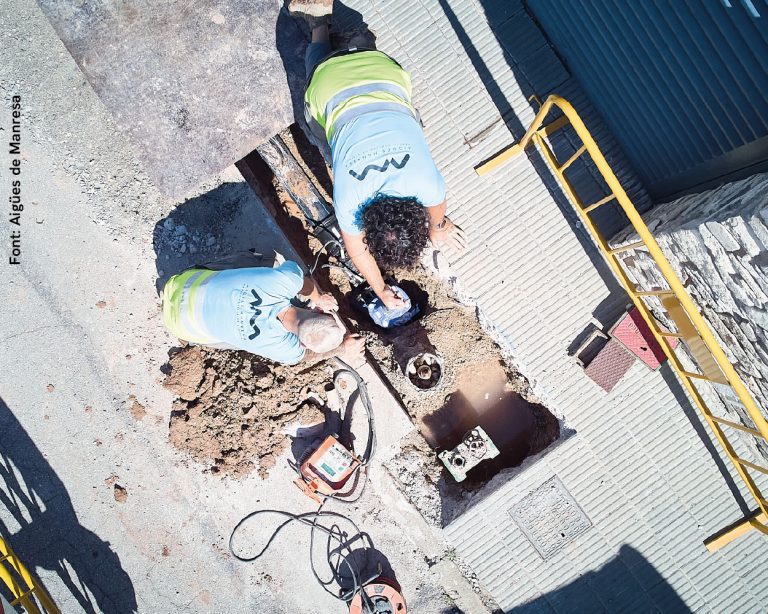THE CWP INTRODUCES A NEW PROJECT TO EVALUATE THE USE OF BALLS FOR THE IRRIGATION OF WOODY CROPS
- The objective of the project is to promote an Operative Group for the study of the use of rafts to take advantage of surface runoff water for irrigation
- The final objective will be to provide a new water resource to woody plant crops to make them more resistant in periods of drought
The lack of water represents a threat to the economic viability of the cultivation of woody plants such as vineyards and olive trees in the medium and home. In addition, the possible restrictions on irrigation water can have effects on the productivity of this type of agricultural holdings and have a negative impact on the economic, labor and management of the territory.
To respond to this challenge, the CWP is promoting an Operative Group project whose objective is to carry out a state-of-the-art study on the use of rafts for the storage of rainwater runoff, to collect first-hand information from actors in the agro-food sector potentially interested in the use of rafts and finally write a reference guide on technical criteria for the implementation of rafts for irrigation purposes. At the end of the project, a strategic document will also be drawn up that will become a road map to plan concrete actions for the construction of rafts with some of the project’s collaborating entities. Currently, work is being done on the compilation of information and contact with agents in the sector, and it is expected to have the guide and the strategic document at the end of 2024. In a climate regime such as the Mediterranean, where precipitation episodes present a strong seasonality, the the availability of water storage in rafts represents a very good opportunity to have an alternative source of irrigation water that increases the resilience of the wooden post farms and guarantees their long-term viability.
This initiative has been financed by the line of Operational Groups of the Department of Climate Action, Food and Rural Agenda of Catalonia, and is implemented through an intersectoral cooperation with several actors such as the ABM consultancy, the INNOVI cluster, and the Llopart wineries , Sumarroca and Juvé y Camps.
